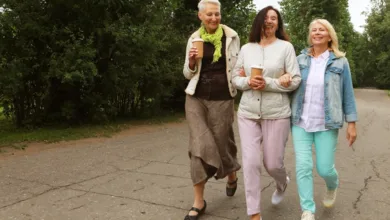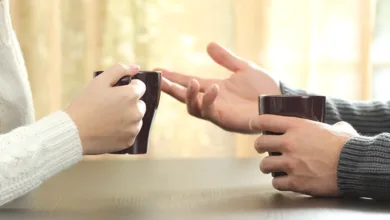The Art of Starting Over

When I think about “starting over,” I consider my Scotch-Irish ancestors who sailed to America and later migrated west, leaving family behind forever.
They carried personal possessions with them — along with whatever they needed to survive, like a gun and an axe. There were few, if any, settlements where they were heading. There was inadequate security from the native inhabitants. And, most of all, there was no road back: No reunions, or holiday gatherings; sometimes, no mail, either.
Imagine a young family traveling west, from Tennessee to Texas, in the 1830s. Wood buildings morph into those of adobe and white stone: they must learn a whole new way to build a home, raise a family, and create community amongst people from equally far-flung places. Texas created its own culture from the remnants of what those settlers brought with them, fused with Spanish and French cultures. Then there was adapting to Texas weather. This was (and is) a hardy lot.
Resilience is baked into human DNA. Without it, no one would have left Africa, thousands of years ago. From the savannah to the desert to the caves and the woods for protection, food, and raising offspring, one generation to the next moved on to new territory.
Now as then, “starting over” takes adaptation. As I moved from place to place, it was necessary to adapt by blending in. “Do as the Romans do,” says the Bible. (Those people knew a thing or two about resilience). My Yankee upbringing gave way to Midwestern, then deep-South and Texas, mores and speech.
Since living in the South, I went from saying “you guys” to “y’all,” from “stew” to “burgoo.” Even the chili changed: all recipes differ with the availability of particular meat and vegetables. Many places in which I’ve lived claim to be the “Barbeque Capital of the World” and “Sinus Capital of the World.” I just nod my head in agreement. You have to go along to get along, you know.
Sometimes “starting over” is smooth, and sometimes it’s not. Sometimes it is subtle. Although raised in a suburban setting, I am definitely a “city” person. When I moved to a small Midwestern town, I likened it to suburban living, which it is not: it was small-town living. Very different.
Over time I have come to remember those small-town years warmly. It’s a unique social fabric, but one to which I never really adapted. There is nothing about those years I would change, but it is a cautionary tale that sometimes “starting over” doesn’t work out well. You make the best of it and move toward your comfort zone. For me, it is a city or suburban environment.
I’ve “started over” seven times. In each case, I grew to know the people, the place, and the community dynamics. Adapting means finding the Comfort Zone within that place and making friends. Small shoots grow deep roots over time. It’s the people connections that make the difference. Facebook serves well to keep in touch with those you’ve left behind, but it cannot substitute for the human here and now.
I didn’t need a gun and an axe to integrate, but I did need patience and community connection. The key difference between my early ancestors and me is that I do have a road back to these old places and family. I keep them close to my heart.





